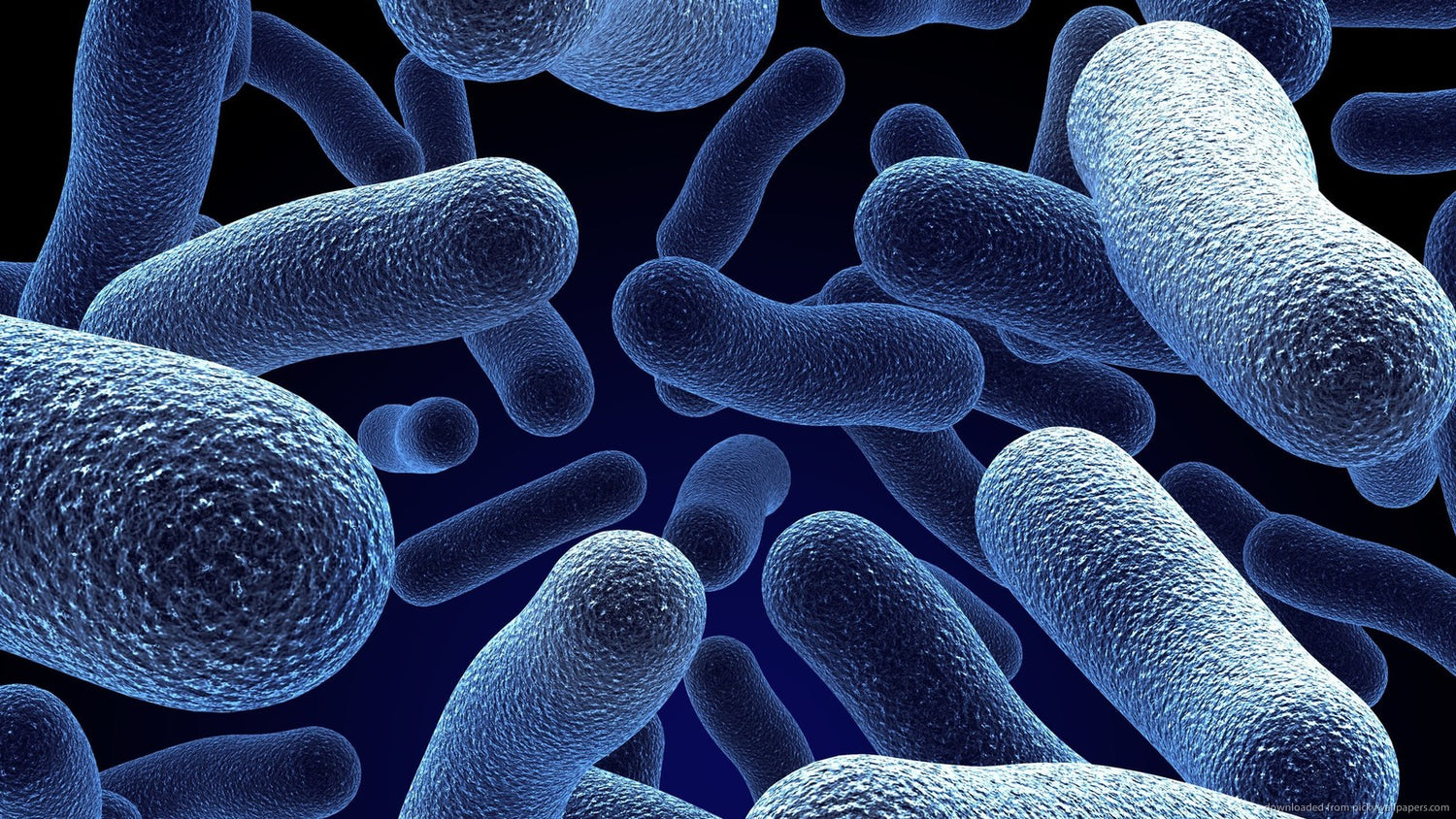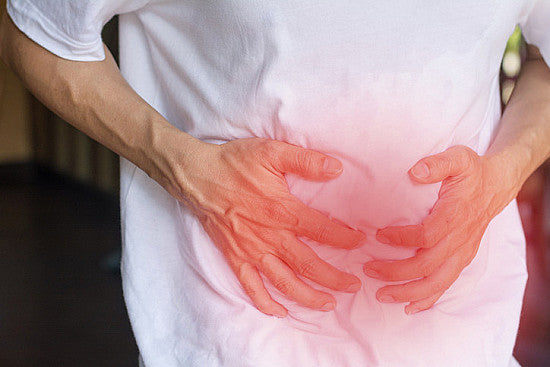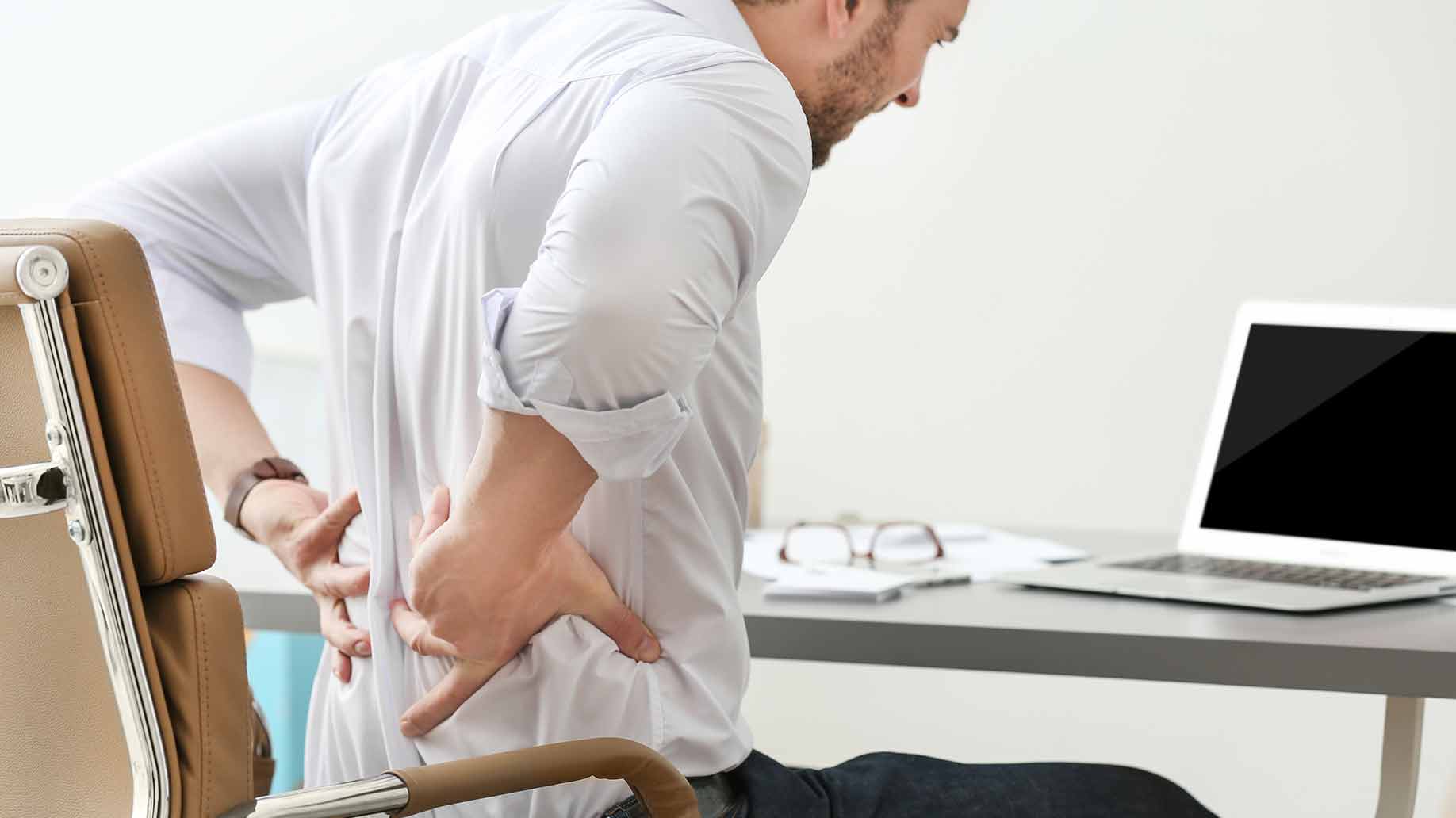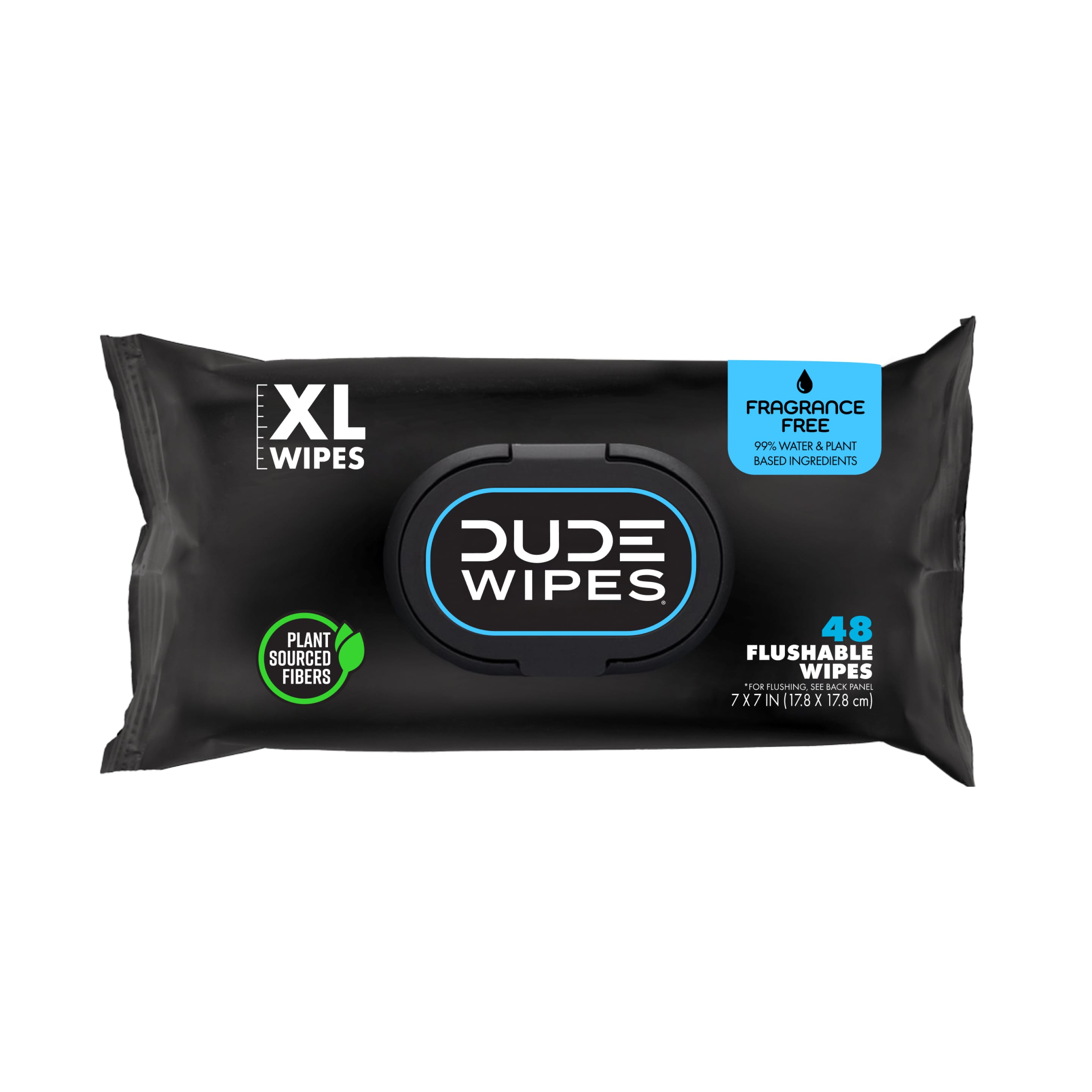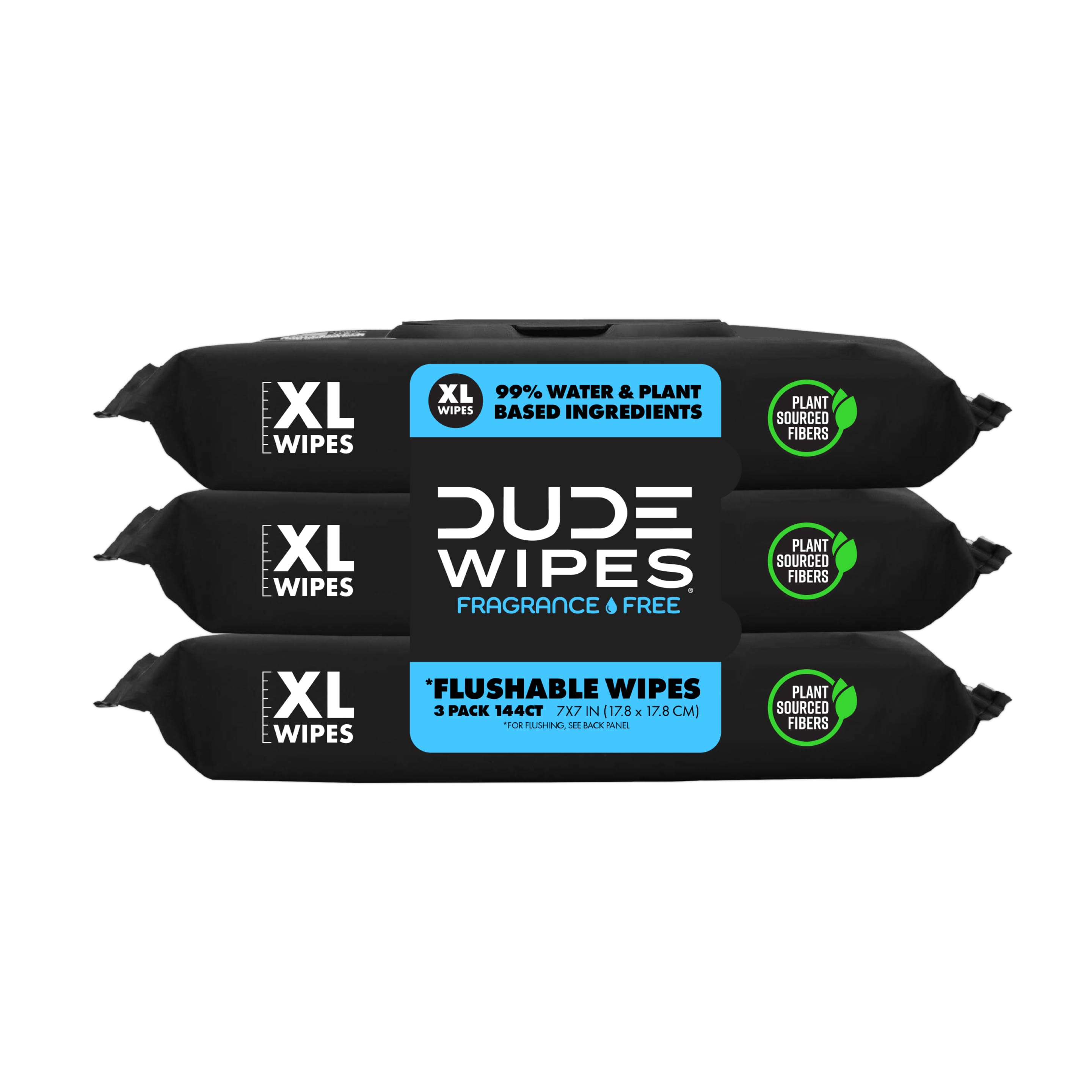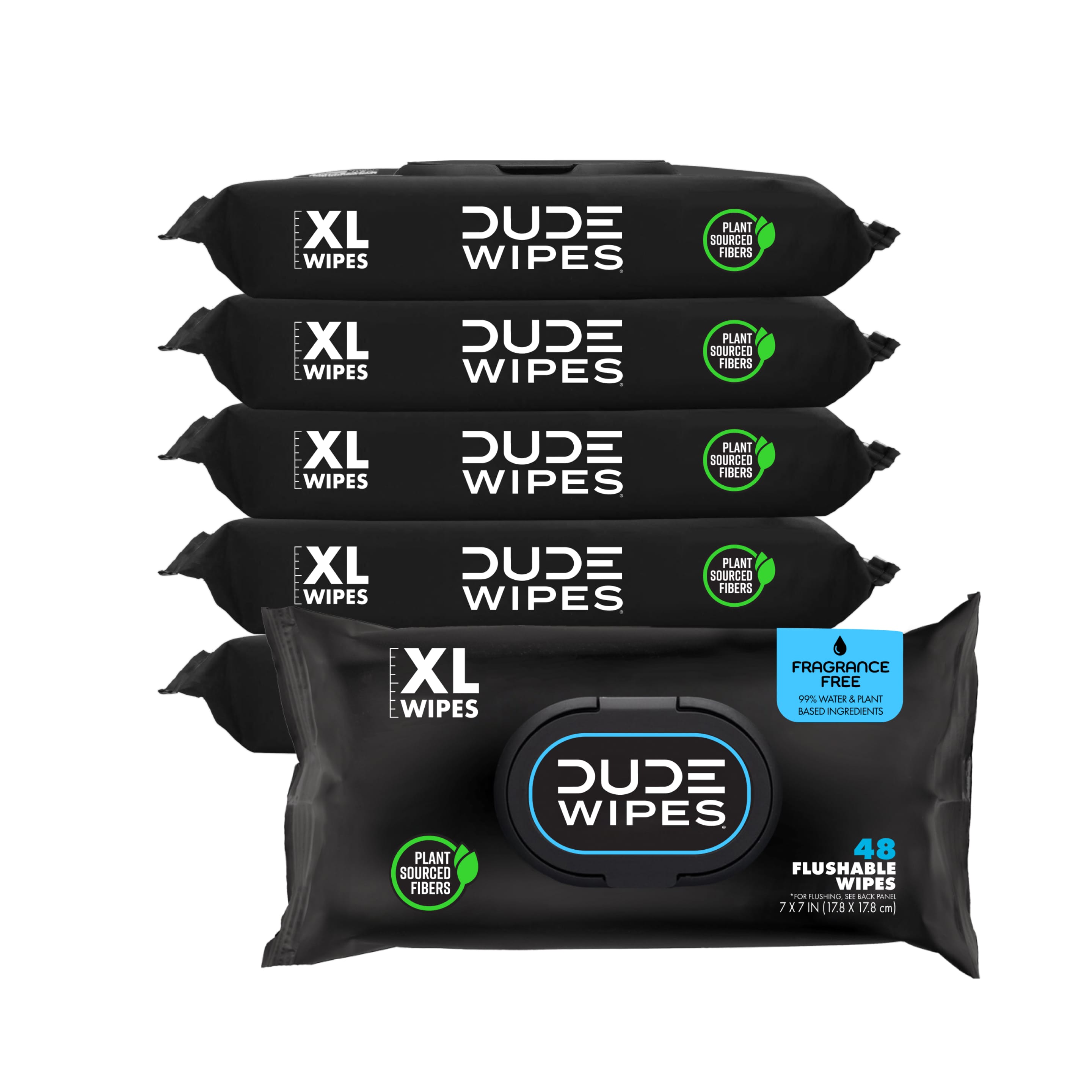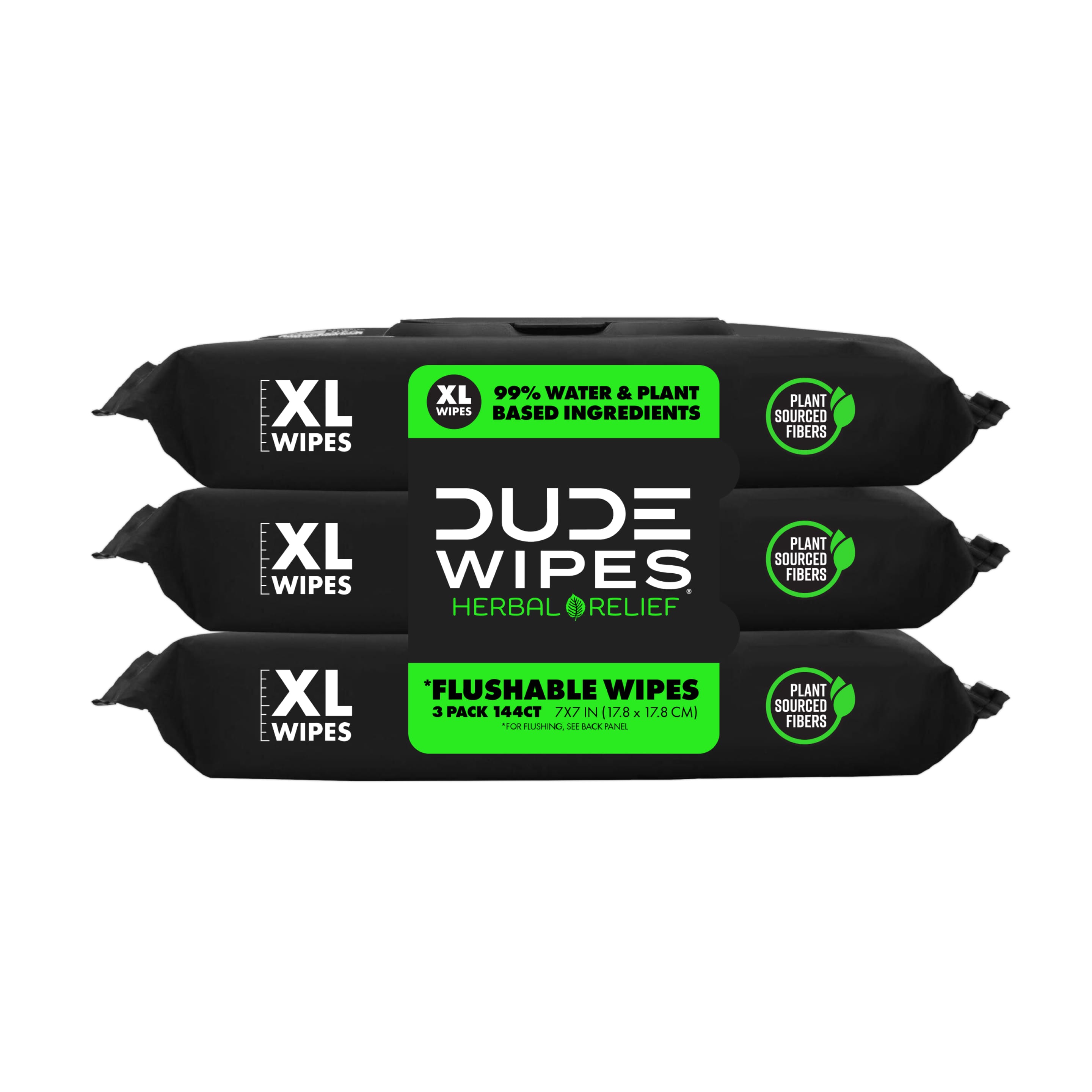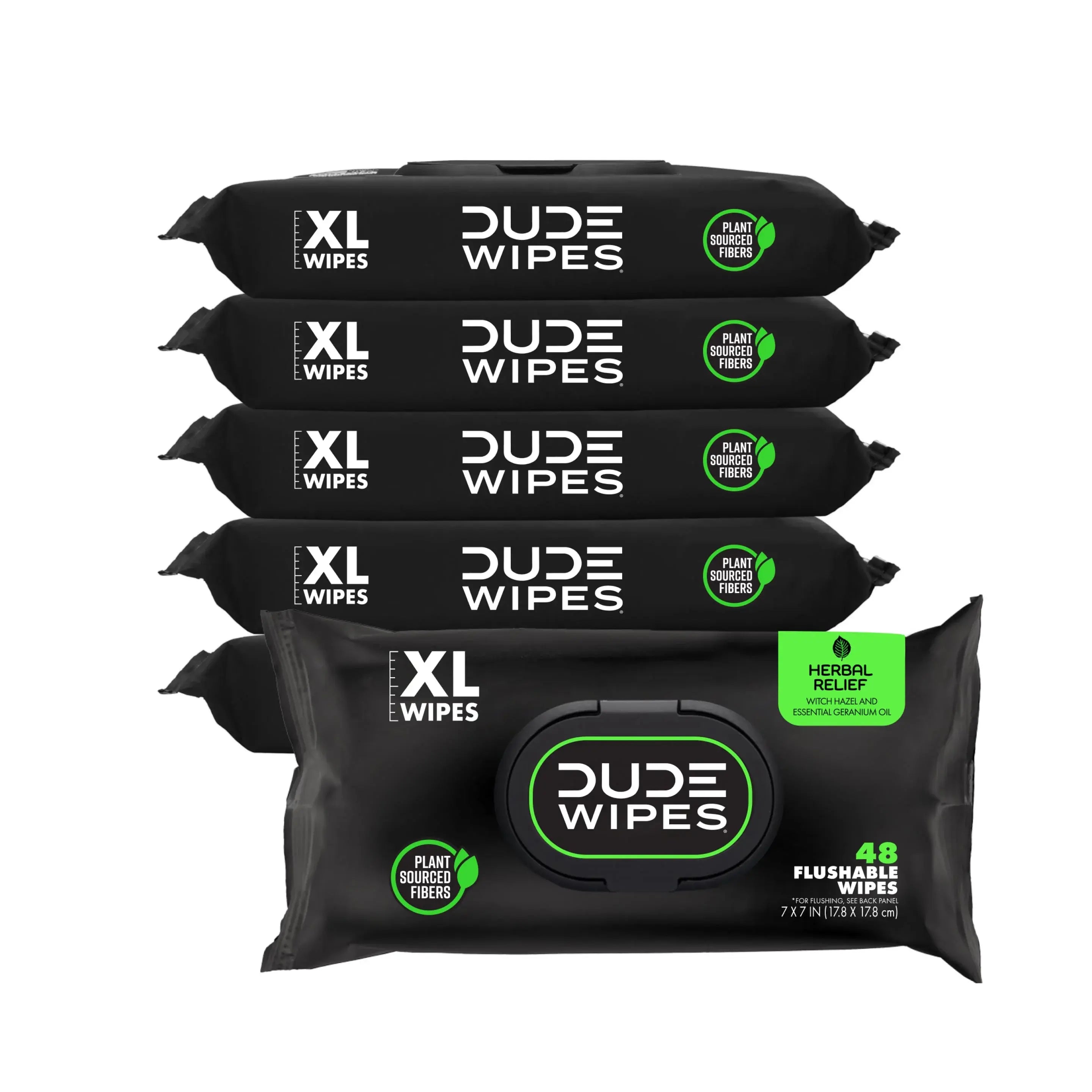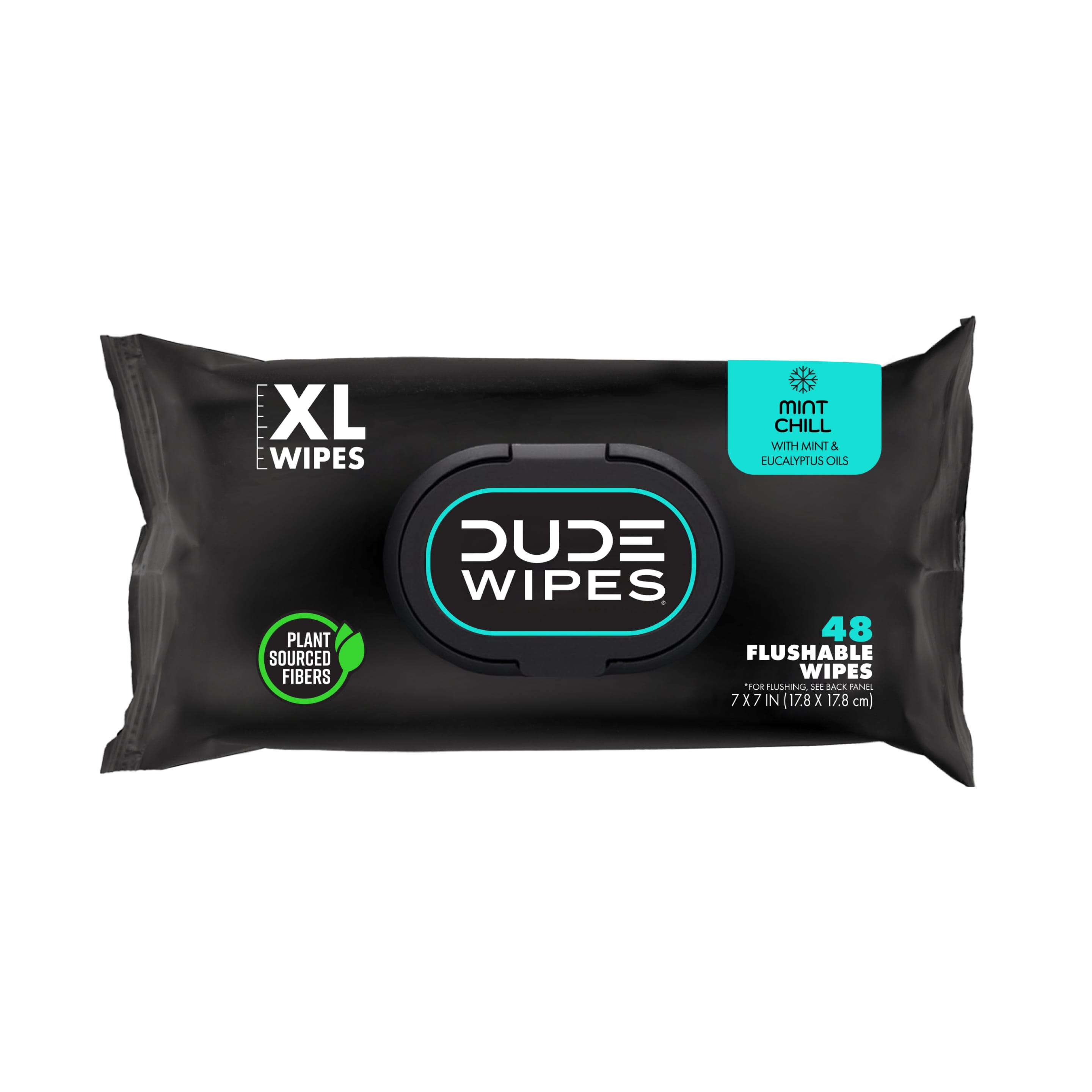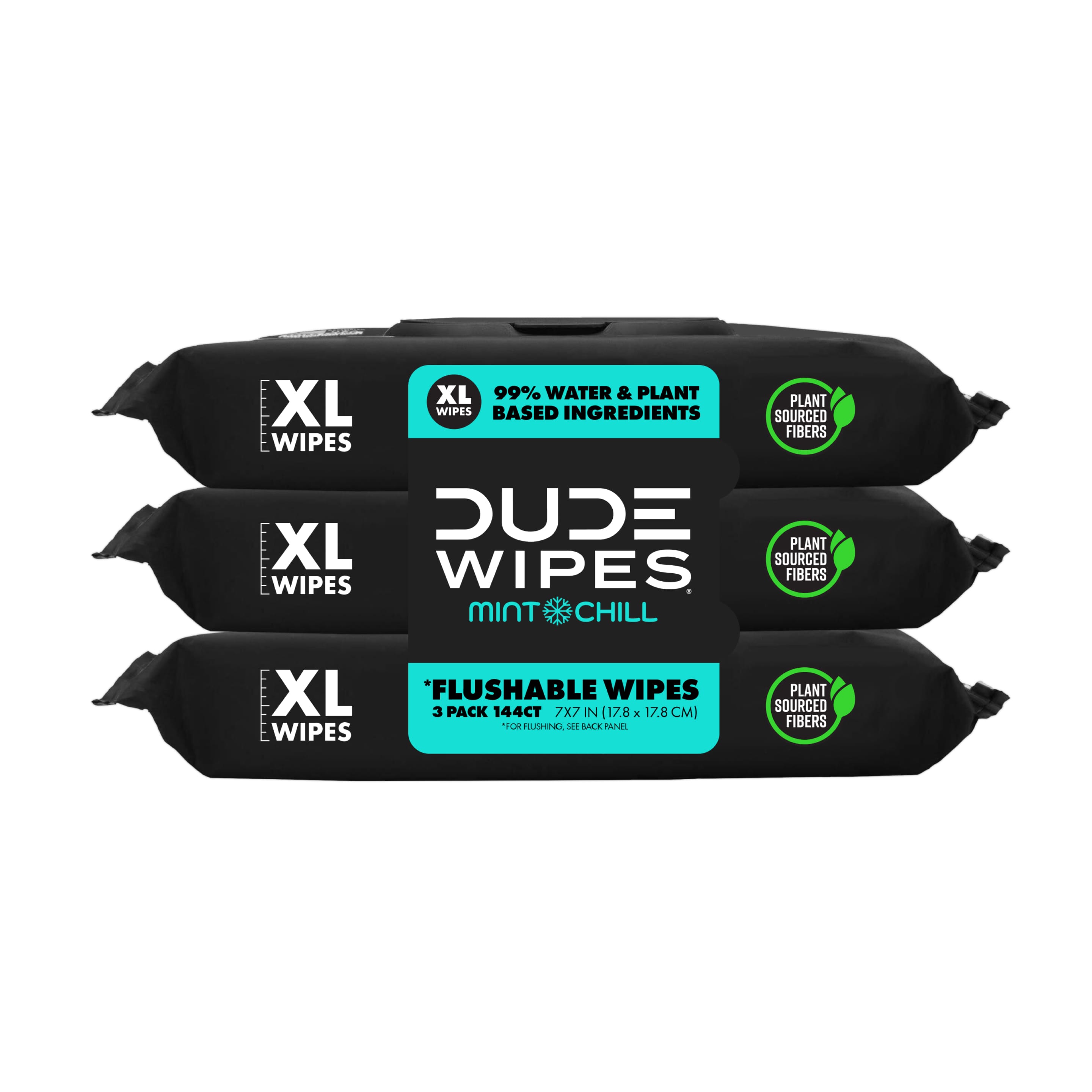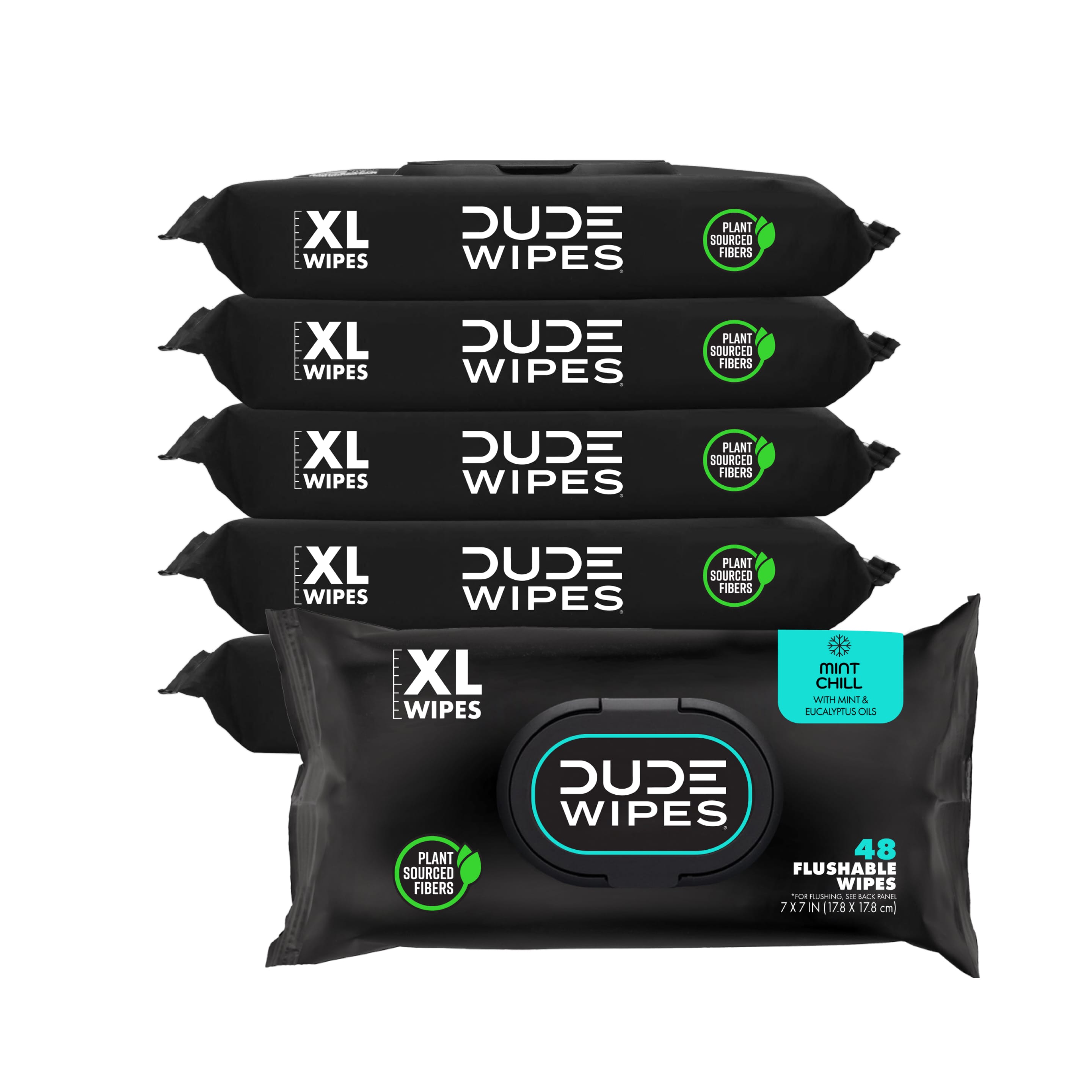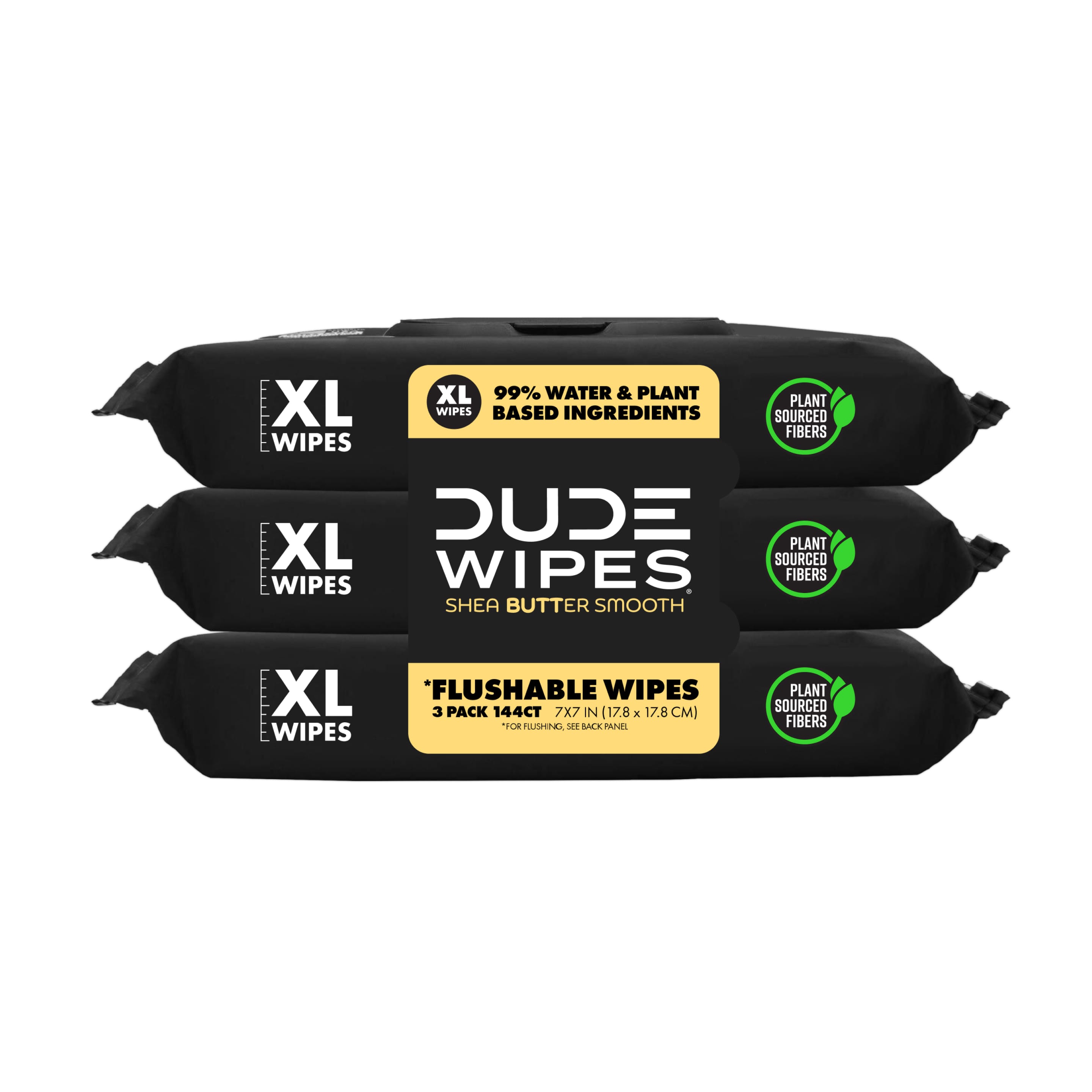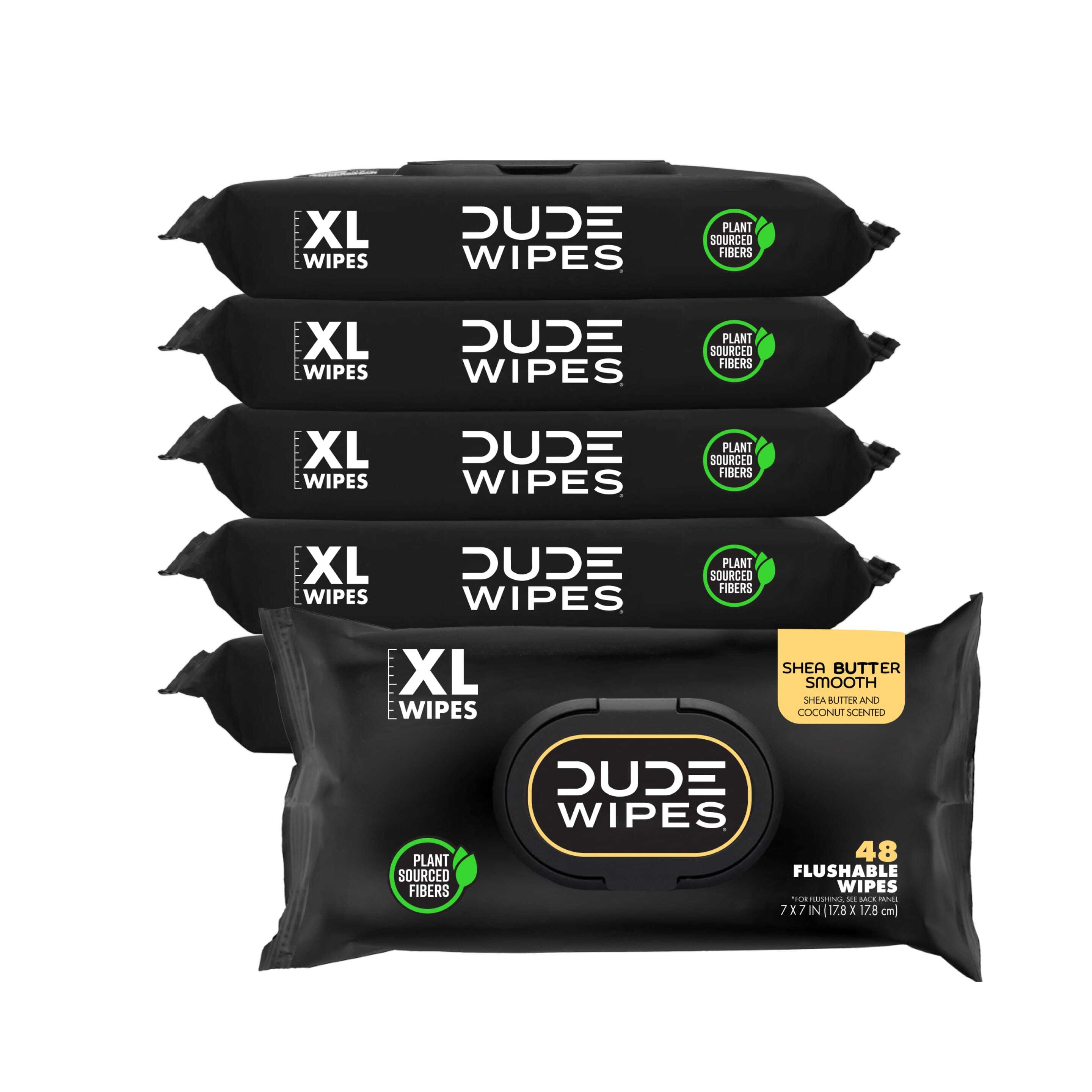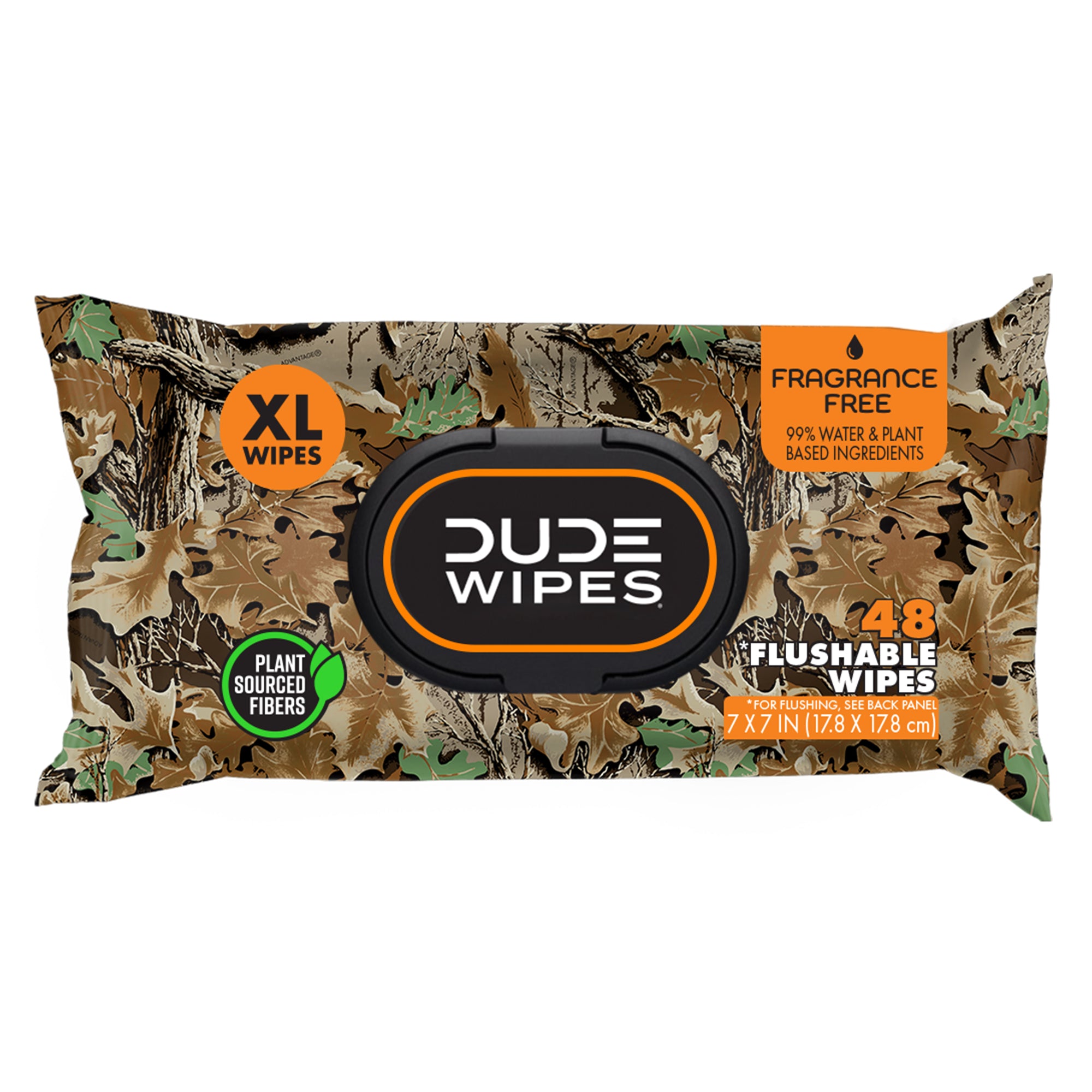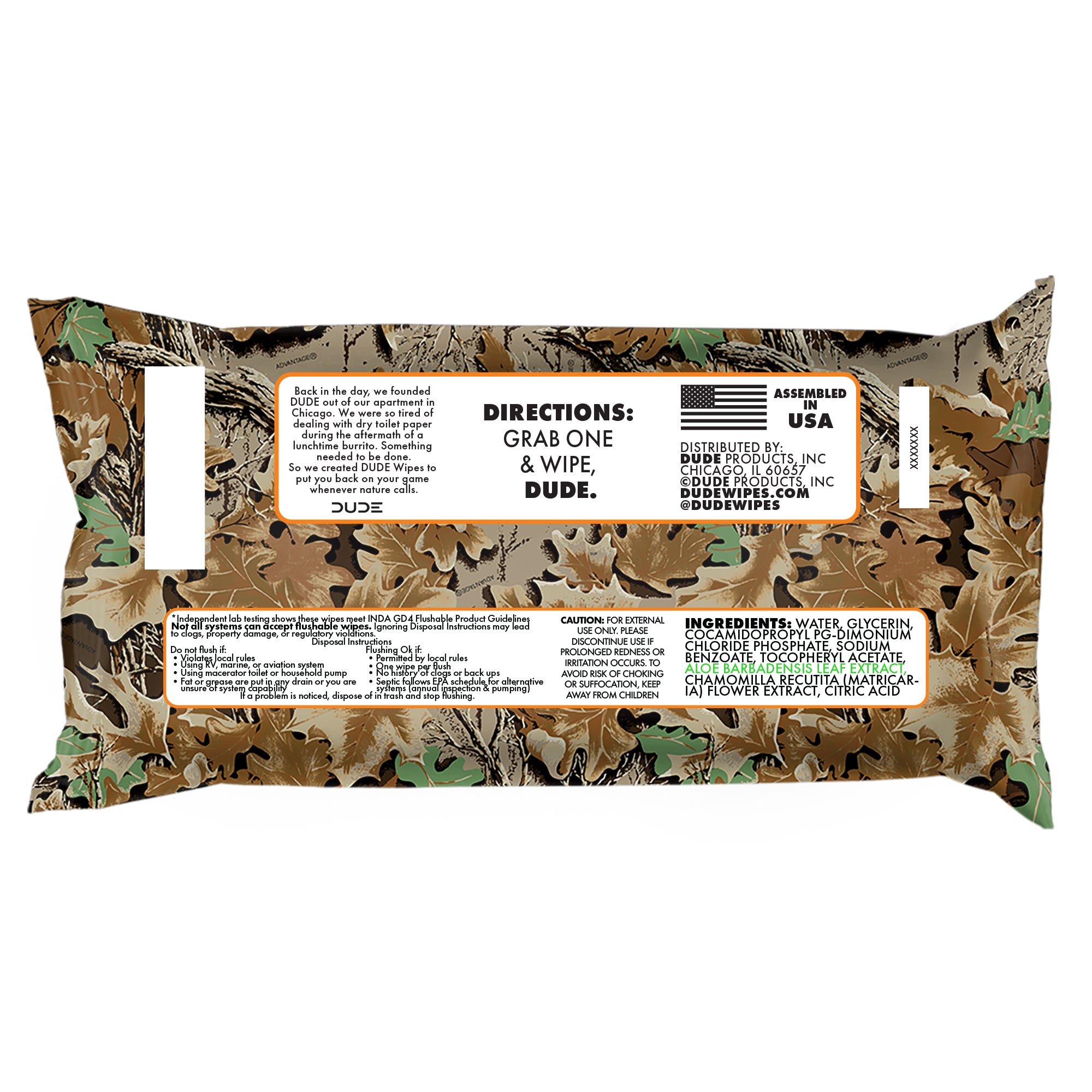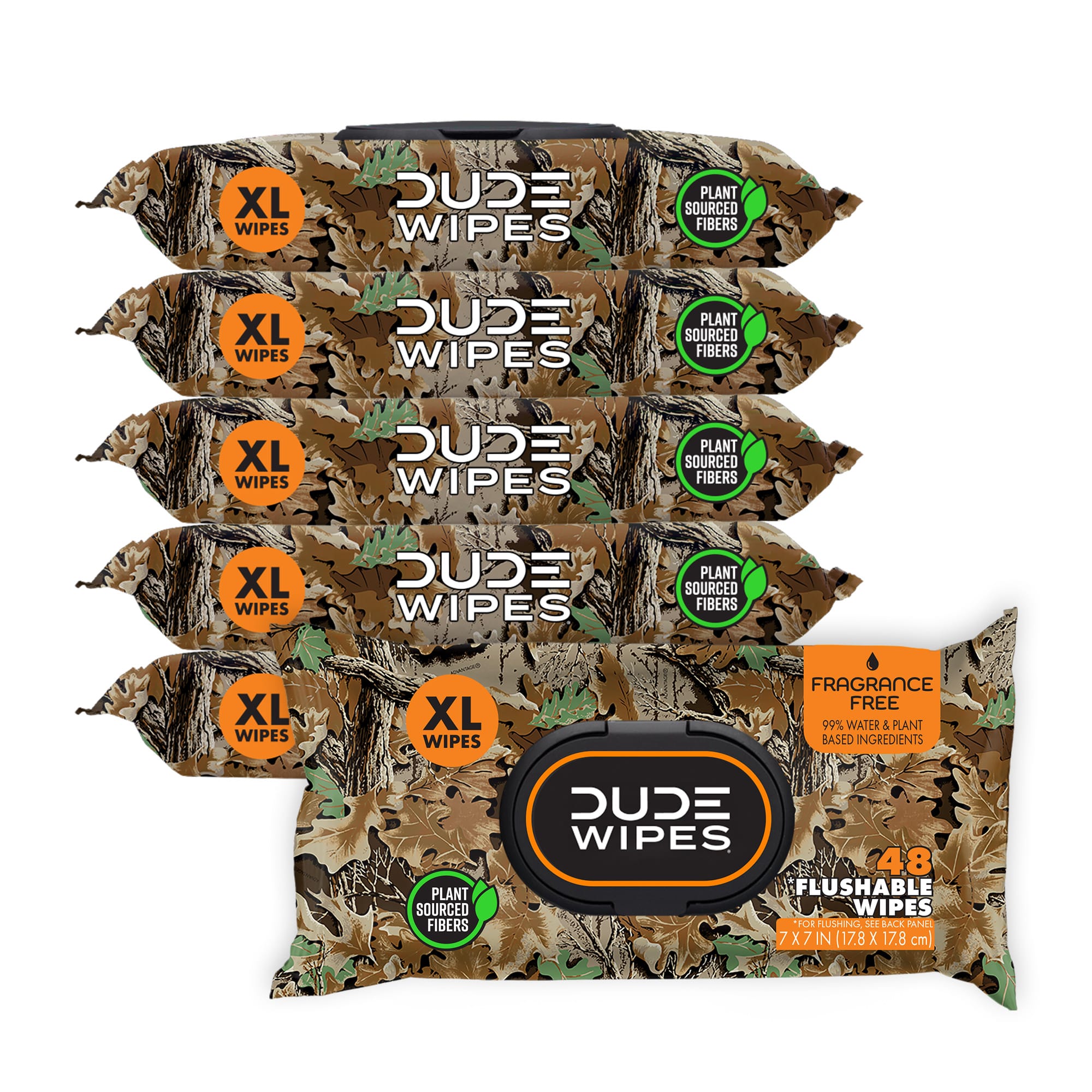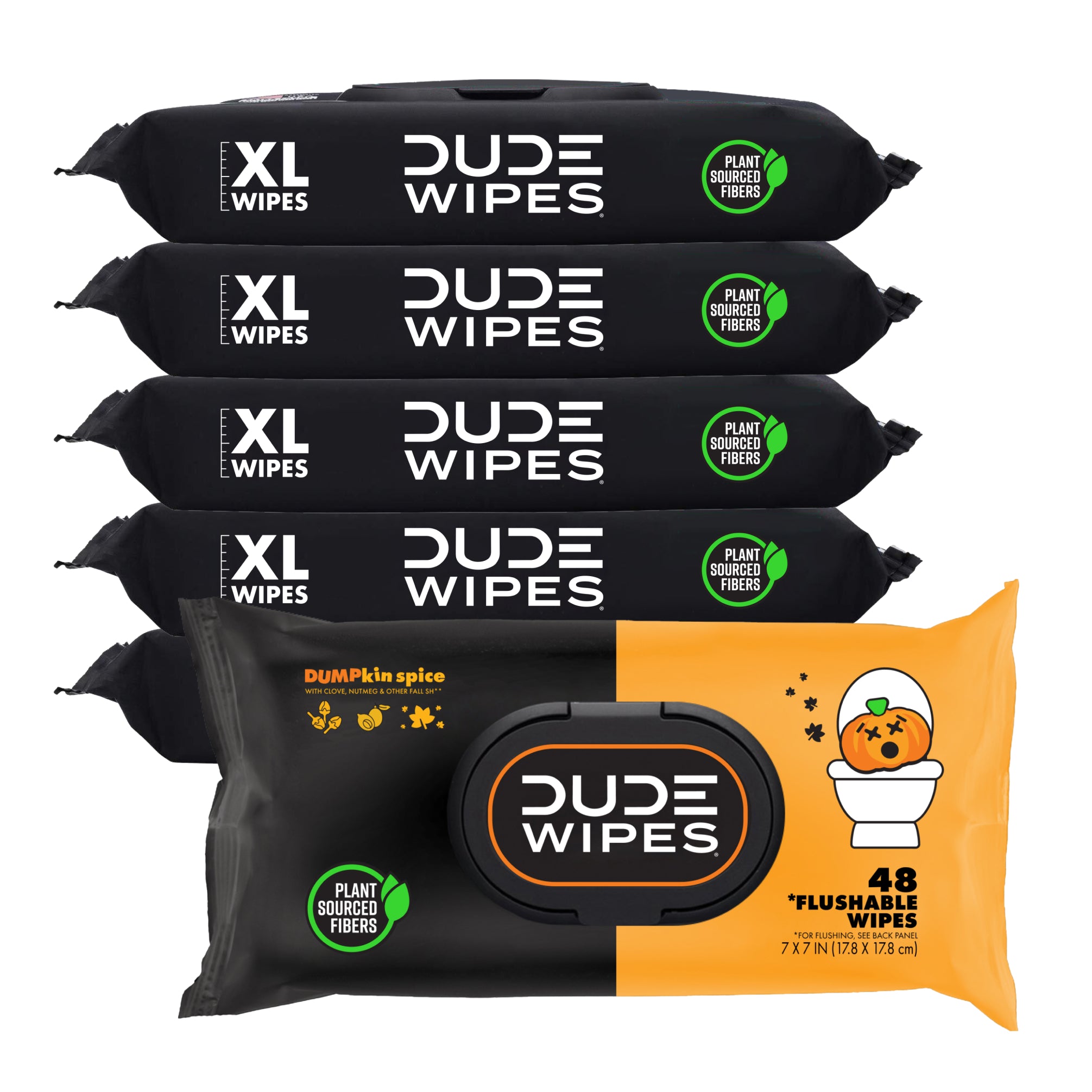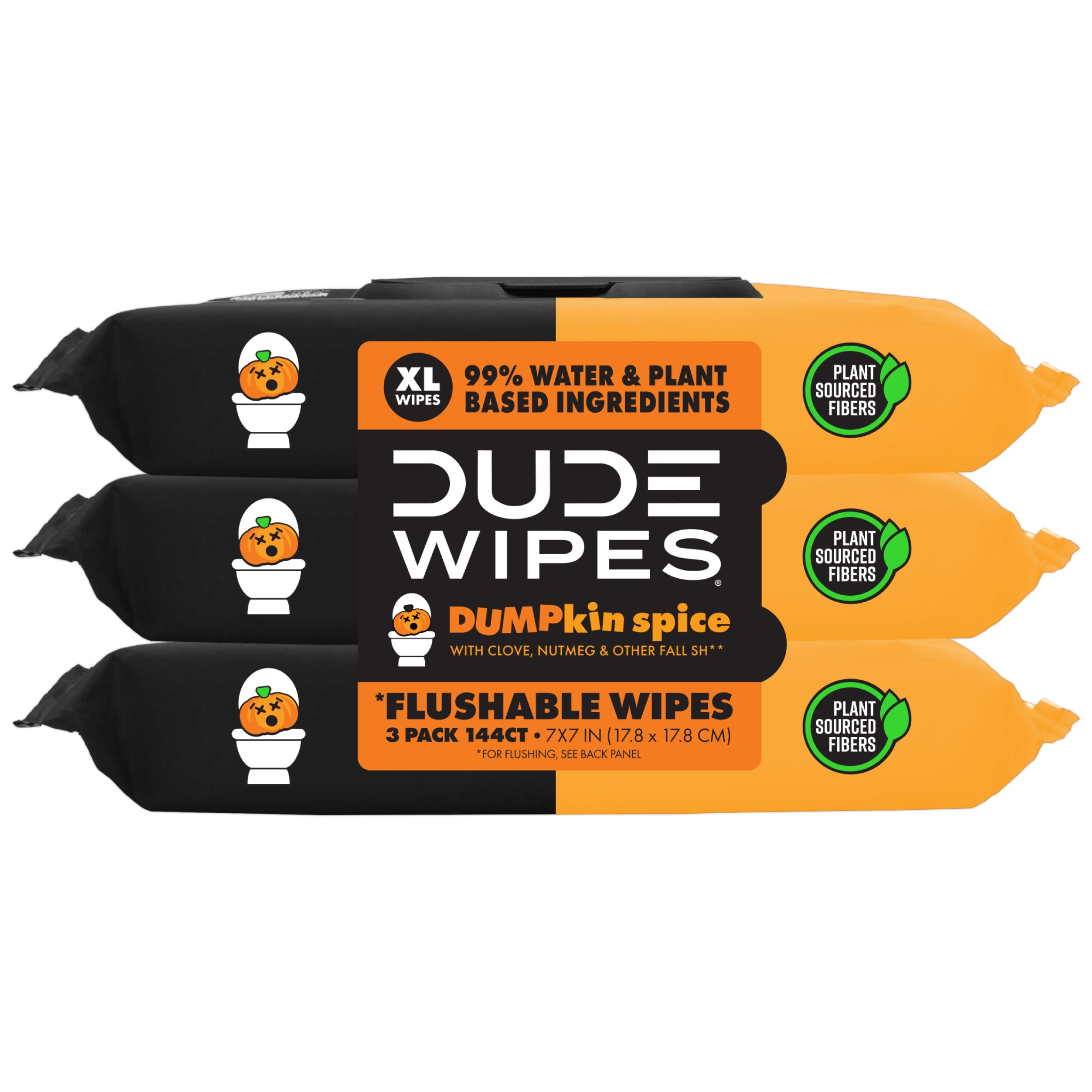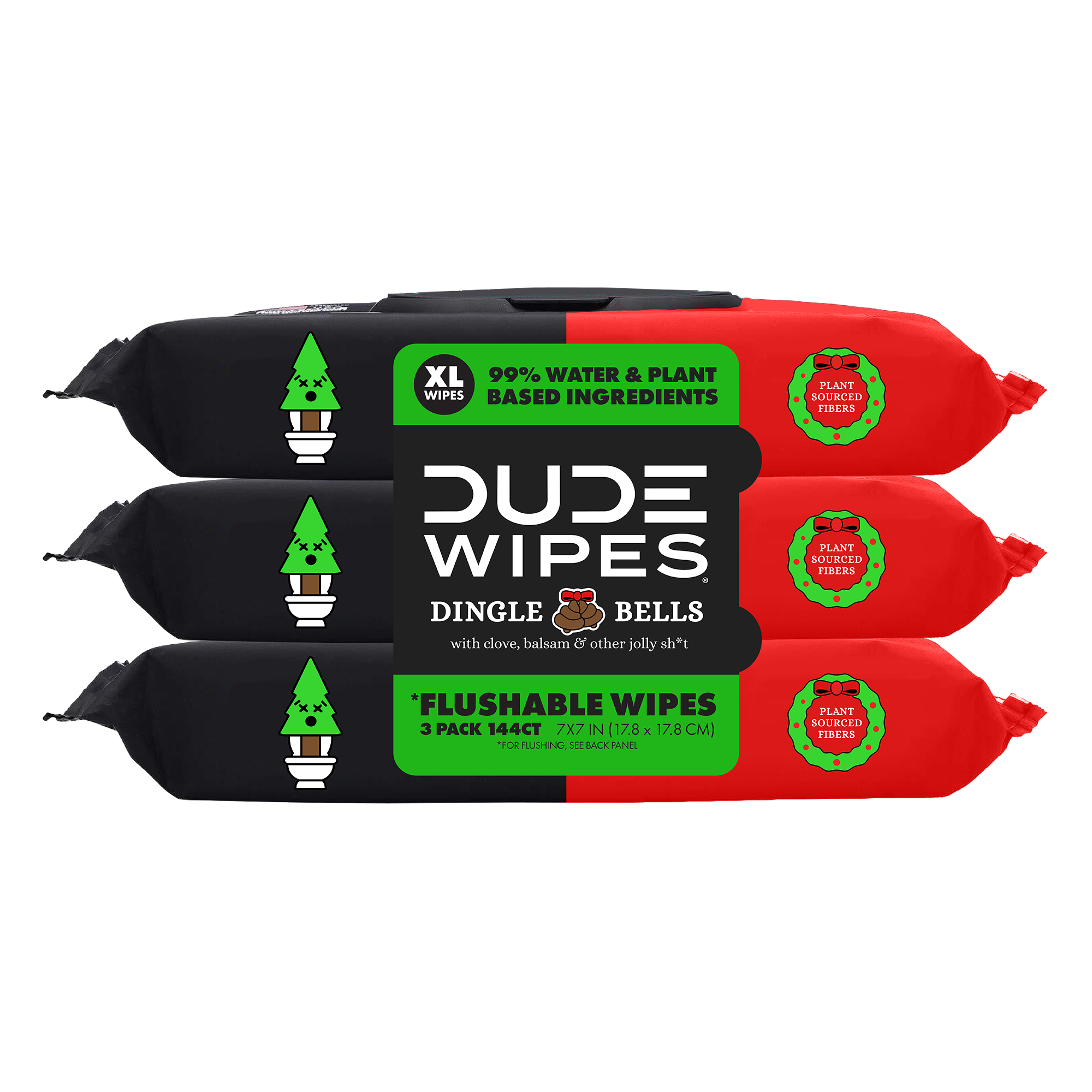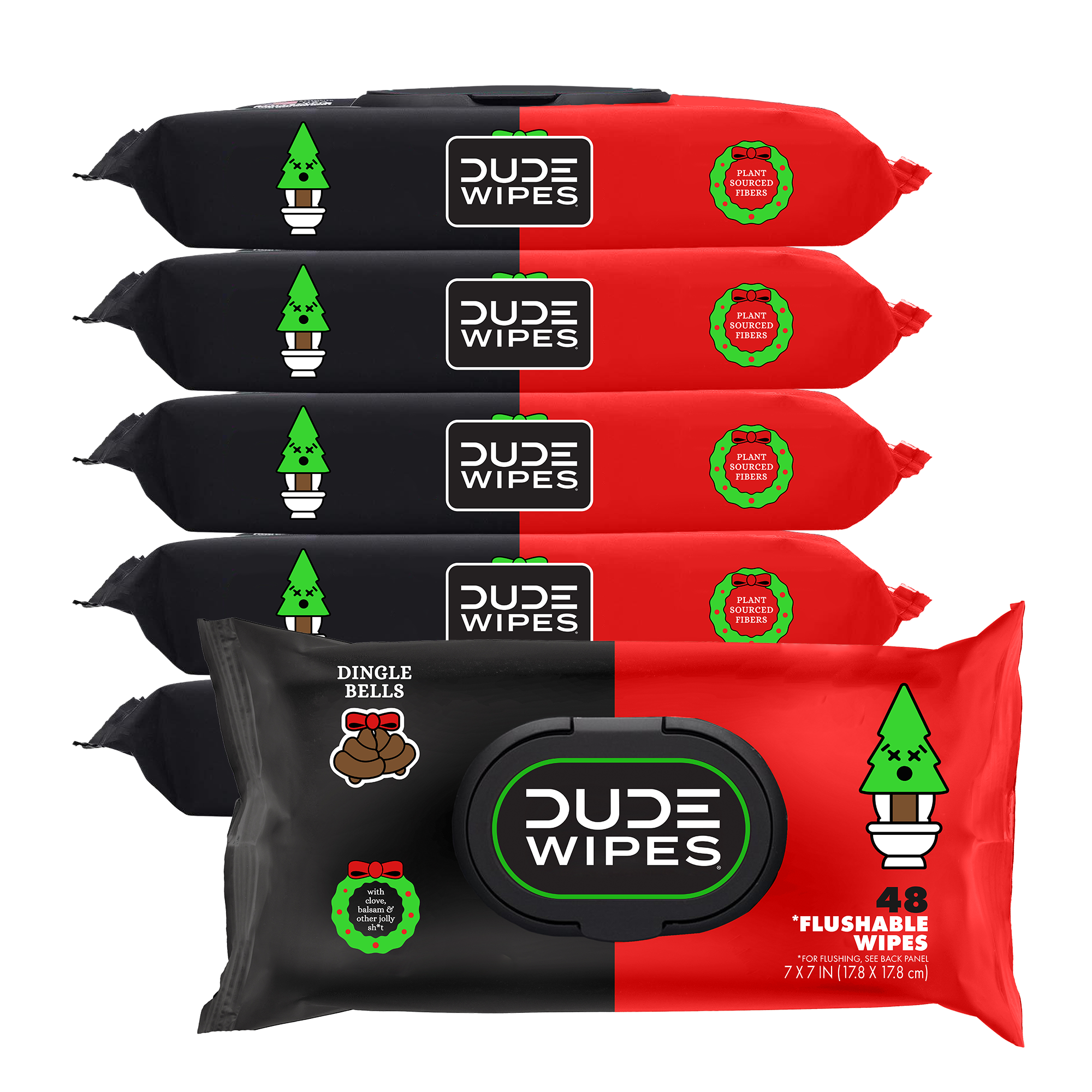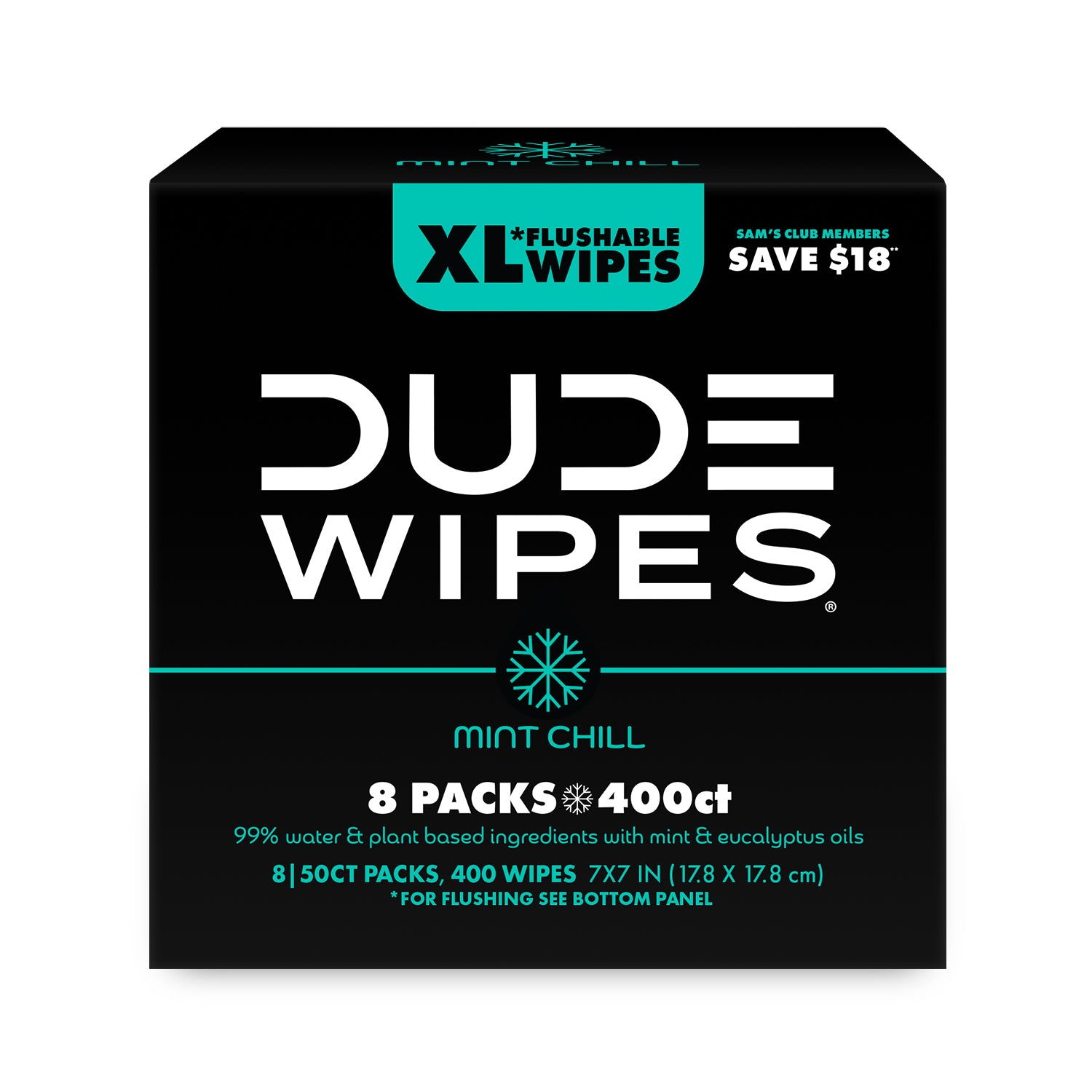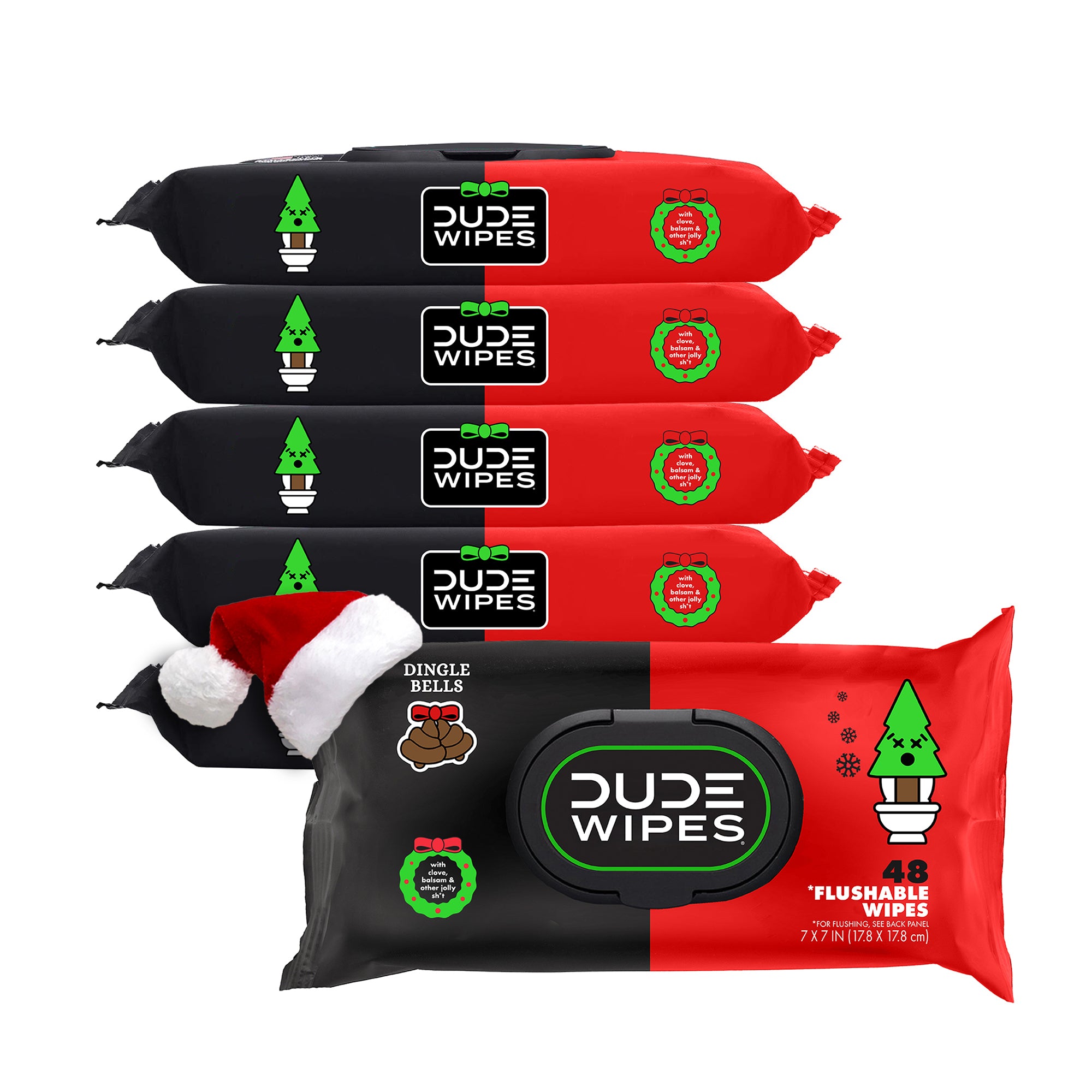When you think of stuff that makes you poop, bacteria probably isn’t the first thing that comes to mind. But a special type of bacteria—probiotics—are way more important than your morning coffee when it comes to keeping you regular.
Probiotics are live bacteria that keep your digestive system working properly (we’ll get into the details later). There’s a ton of hype about taking probiotics to boost gut health—rightly so. But there are some misconceptions when it comes to the question of whether probiotics make you poop.
Probiotics promote regular, healthy bowel movements over the long haul. However, they don’t give you that “gotta go now” feeling.
This article will explain how probiotics work, why you need them, and what to expect when you take them.
What Are Probiotics?
Probiotics are microorganisms containing billions of healthy bacteria and yeasts. Don’t let the word “bacteria” gross you out—these bacteria boost your immune system, reduce inflammation, and support digestive health.
There are trillions of probiotics living naturally in your digestive tract. They’re part of your body’s microbiome: a fancy term for all the bacteria, fungi, yeasts, viruses, and protozoa inside your body.
If your balance of good bacteria (probiotics) and bad bacteria in your microbiome gets thrown off, you might deal with constipation and other tummy troubles.
Three specific strains of probiotic bacteria are good for your digestive system (good luck pronouncing them):
- Lactobacillus
- Bifidobacterium
- Saccharomyces boulardii
What Foods Have Probiotics?
The best way to get probiotics is by eating fermented foods, which have active cultures. Here are some popular probiotic-rich foods:
- Yogurt
- Kimchi
- Sauerkraut
- Kombucha
- Sourdough bread
- Cottage cheese
- Plant-based kefir
You can also take a probiotic supplement if you struggle to get your gut bacteria from food sources alone. But as Harvard Health points out, daily probiotic supplements aren’t usually necessary for adults unless a doctor recommends them.
Do Probiotics Make You Poop?
Probiotics from food or dietary supplements usually won’t make you poop right away. It takes time for the microbes to balance out in your gut. Probiotics aren’t laxatives or stool softeners, so you won’t need to make an emergency trip to the toilet.
That said, ingesting probiotics over time can regulate your bowel movements and bulk up your poop, especially if you deal with irritable bowel syndrome (IBS) or inflammatory bowel disease (IBD).
Bottom line: If you need to poop fast, take a laxative; if you want an insurance policy against constipation and other digestive issues, go for probiotics.
How Do Probiotics Affect Your Bowel Movements?
The good bacteria from probiotics can help you poop more often and give your turds a healthy, sausage-like consistency. The catch is that it can take weeks to see results in the bathroom.
A 2014 meta-analysis of constipated adults found that probiotics increased stool frequency by 1.3 bowel movements per week, improved stool consistency, and reduced gut transit time (this measures how long food takes to travel through your gastrointestinal tract).
The health benefits of probiotics are especially promising for folks with IBS. This 2015 study involving 1,793 IBS patients found that probiotics reduced the severity of bloating, gas, and abdominal pain compared to a placebo.
Researchers have also found the use of probiotics to treat constipation in pregnant women, cancer patients, and people with iron deficiencies.
Again, probiotics don’t work like Drain-O for your colon—but they set the stage for a healthy gut, which translates to healthy bowel habits.
Do Probiotics Have Any Side Effects?
Most healthcare professionals and dietitians consider probiotics safe because they occur naturally in your body. But, the FDA doesn’t regulate supplements, so it’s a buyer beware situation.
When you first start taking probiotic supplements, you might experience stomach cramps, nausea, gas, and diarrhea. Don’t worry, these side effects should go away once your body adjusts.
Another thing to watch out for is the food you’re eating to get probiotics. For example, yogurt and kombucha both have the healthy bacteria your gut needs, but a lot of that stuff is loaded with sugar and additives that aren’t so good for you.
Probiotics Can’t Compensate for Unhealthy Habits
If you’re subsisting on frozen pizzas, candy, and booze, no amount of probiotic supplements will miraculously unplug your colon. Just like guzzling protein shakes won’t get you six-pack abs—you gotta put in the work.
In the case of healthy pooping habits, that means drinking plenty of water, exercising regularly, and eating a balanced diet. Probiotics are just icing on the cake.
And when you do start churning out big, healthy dumps, make sure you’re prepared for cleanup duty with DUDE Wipes. With soothing aloe and an extra-large surface area, they’ll literally save your ass.

